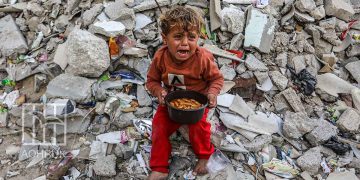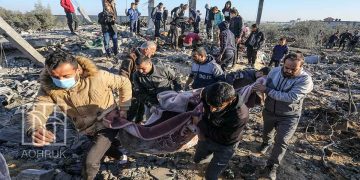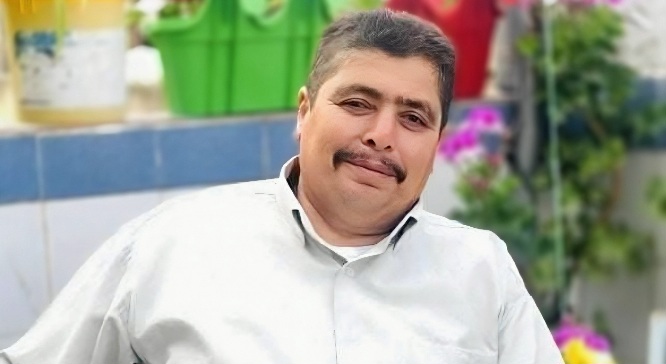In a continuation of the occupation’s systematic abuses within its prisons, Palestinian detainee Raed Suleiman Asa’asa, 57, from the town of Allar in Tulkarm Governorate, has died just days after being transferred under unclear circumstances to an Israeli hospital.
Israeli occupation forces had arrested Asa’asa 27 days earlier, allegedly for entering the territory occupied since 1948 without a permit, while attempting to earn a basic living.
The circumstances surrounding his death remain shrouded in mystery amid deliberate obfuscation by the occupying authorities, who have issued no official statements regarding his medical condition or the reasons for his transfer to hospital on 9 June. This raises serious suspicions of torture or deliberate medical neglect leading to his death.
Asa’asa, later dubbed the “Martyr of Daily Bread”, is not an isolated case. He is one of dozens of Palestinian workers who, in recent months, have been subjected to arbitrary arrests, detention without trial, and systematic physical and psychological abuse under the pretext of “infiltrating” the occupied interior to seek work. This represents a form of collective punishment targeting the most impoverished and vulnerable groups, particularly in the context of economic collapse across Palestine as a result of the ongoing aggression on Gaza and the West Bank.
With Asa’asa’s death, the number of known Palestinian detainees who have lost their lives since the genocide campaign on Gaza began on 7 October 2023 has now risen to 72, at least five of them workers. Meanwhile, the occupying authorities continue to withhold the bodies of an unknown number of detainees from Gaza, refusing to disclose their fates or return them to their families. This is a flagrant violation of international humanitarian law and the Geneva Conventions, which prohibit the concealment of detainees’ whereabouts or their use as hostages.
For decades, deaths inside Israeli prisons have been documented as resulting from medical neglect, absence of adequate healthcare, inhumane detention conditions, and torture during interrogation. These practices are not isolated incidents but systematic tools employed by the occupation to break the will of prisoners and target their very lives. They are part of a wider structure of violations committed against the Palestinian people under occupation.
Today, Israeli prisons have effectively become spaces beyond oversight and accountability, where thousands are detained without fair trials and subjected to abuses that amount to crimes against humanity. Despite the growing number of victims, the occupation continues to enjoy unwarranted impunity from the international community, encouraging the continuation of its slow-kill policies within detention centres.
The death of Raed Asa’asa is not a coincidental tragedy, but a direct consequence of a repressive system upheld by legal and security frameworks that legitimise abuse rather than prevent it, frameworks that fail to meet even the minimum standards for the treatment of detainees. As acts of killing, torture, and enforced disappearance escalate in the occupation’s prisons, international silence ceases to be a mere failure and becomes complicit in the crime itself.


























